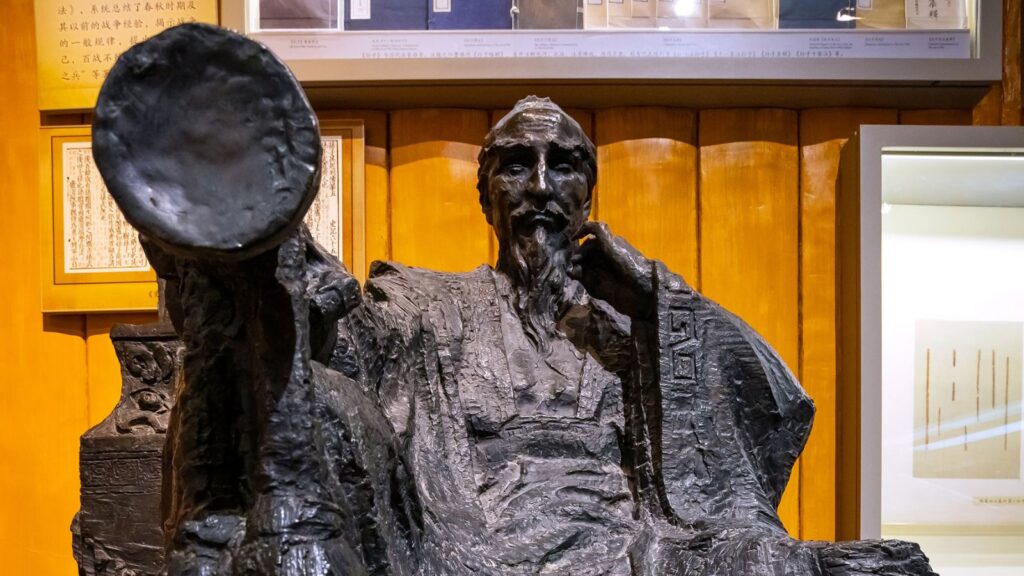While we covered a lot in history class, it turns out there were quite a few things left out of the curriculum. If you’re curious about the parts of history that might have been overlooked, join us as we delve into some fascinating events and facts that were never discussed in school.
Native American Civilizations

Long before Columbus, North America was home to advanced civilizations with complex societies and impressive architectural feats. The city of Cahokia was one of the strongest civilizations on the continent, despite its eventual decline in later years.
The Unsung Heroes of World War II

World War II was a time of innovation and bravery, much of which came from unexpected quarters. Many brave people, including women, played a major role in bringing the war to an end. Unfortunately, history only celebrates a few who managed to get their names noted.
Silk Road’s Forgotten Stories
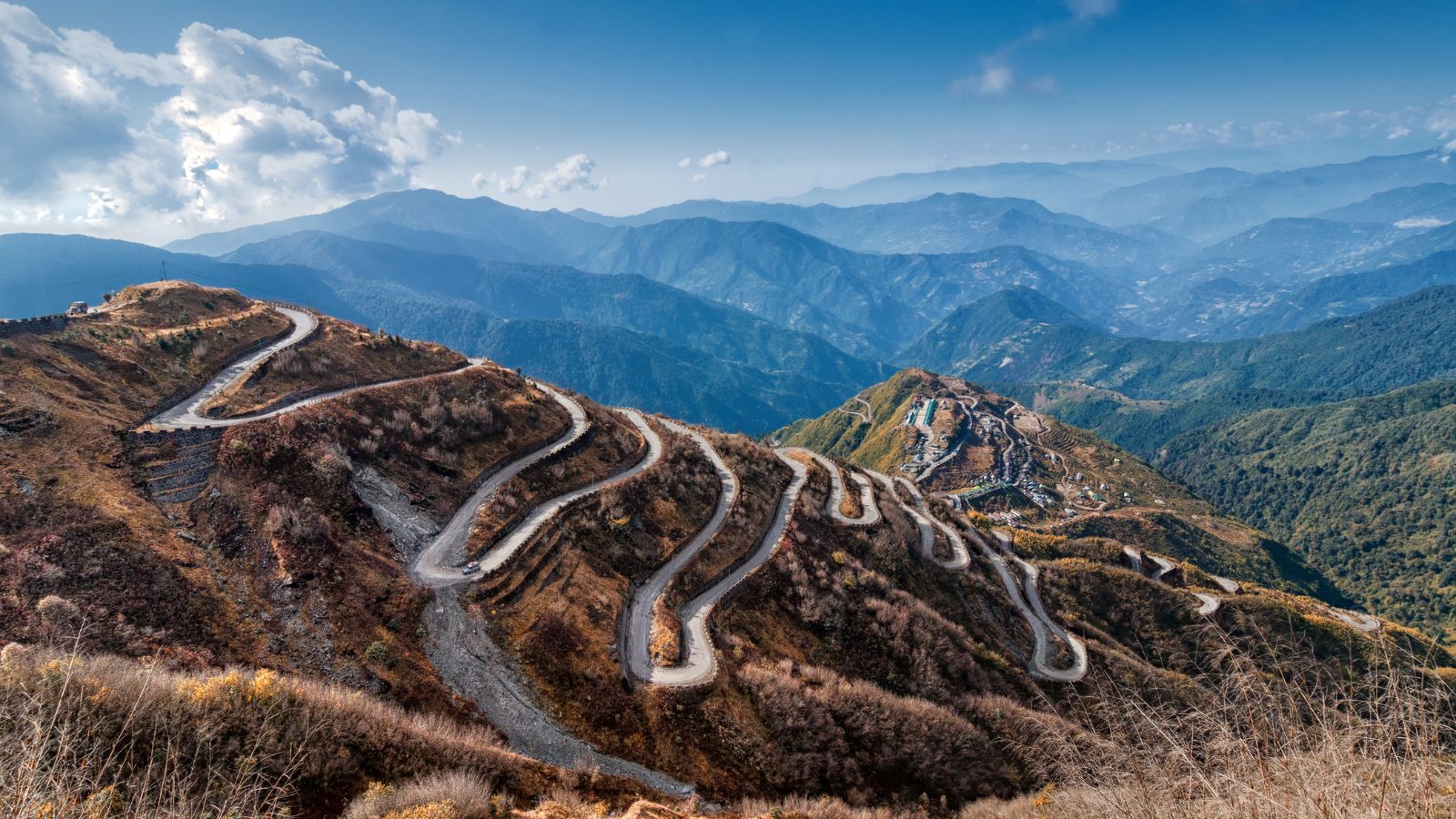
The Silk Road was not just a pathway for trading goods. It was a bridge connecting distant lands, fostering an unprecedented exchange of ideas and cultures. As merchants went through this network, they carried not just silk, spices, and rare commodities but also their beliefs, knowledge, and traditions.
The Byzantine Empire

The Byzantine Empire was a bridge between the ancient and modern worlds, influencing culture, law, and art across Europe. The legal code of the Byzantine Empire has largely influenced modern European law and is often referenced when designing new laws.
The Forgotten Civilizations of Africa

Great Zimbabwe was once a thriving metropolis, known for its impressive stone buildings that still mystify historians today. The region was rich with beautiful architecture, some of which persists to this day. This, and many other African empires, has been forgotten by many historians.
The Real Pirates of the Caribbean

Pirates in the Caribbean weren’t just outlaws of the seas; they formed complex societies with their own codes and governance. Women pirates like Anne Bonny and Mary Read are barely mentioned in today’s history books. The surprisingly democratic systems aboard pirate ships are also glossed over in modern lore.
The Islamic Golden Age

During the Islamic Golden Age, scholars and scientists made discoveries that would shape the world for centuries. The Muslim world became a home of scientific discovery, making strides in medicine, astronomy, and mathematics that far surpassed those of other regions. Scholars compiled extensive medical texts and established hospitals, laying the groundwork for modern healthcare.
The Underground Railroad’s Complex Network
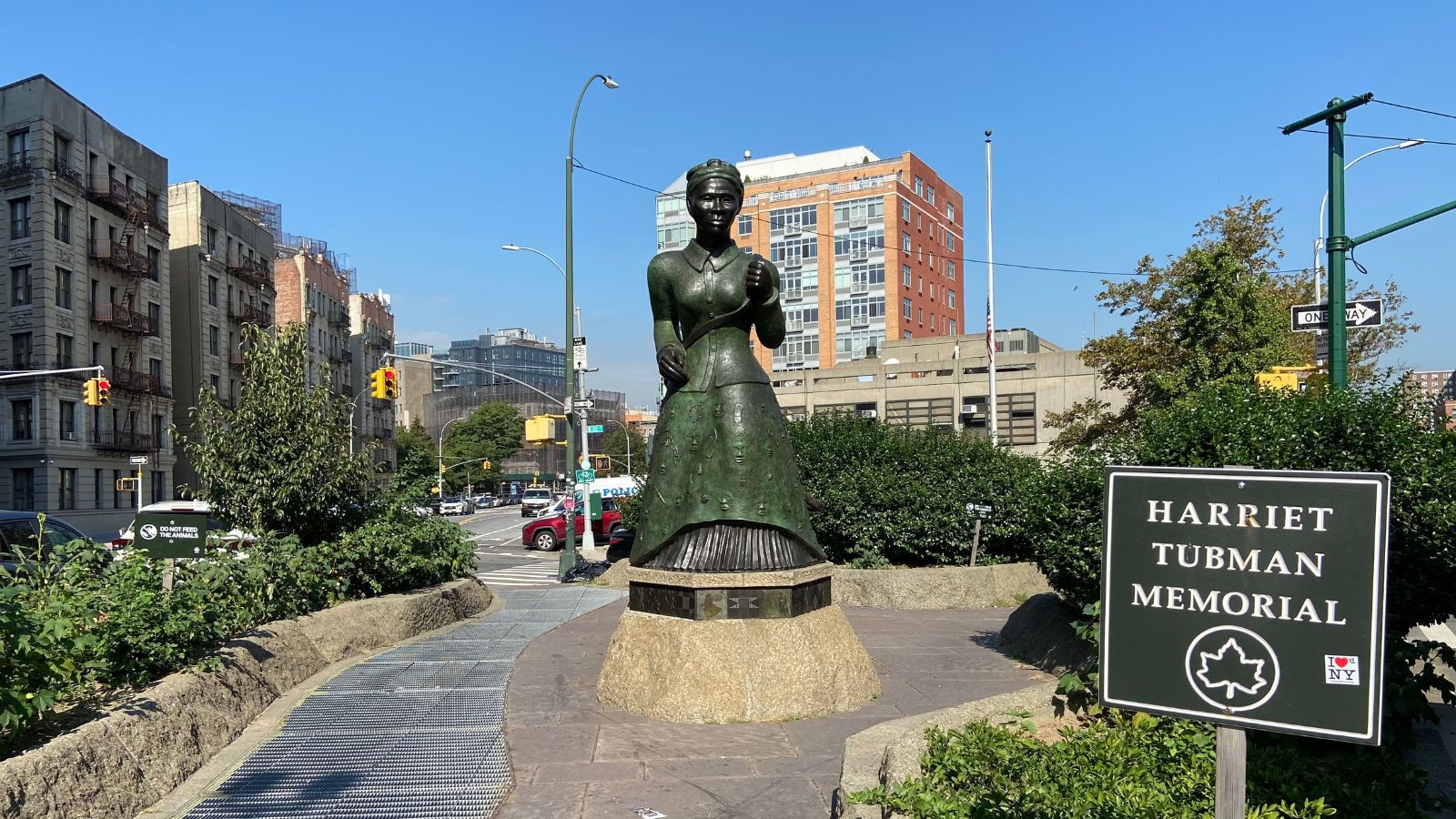
The Underground Railroad was a lifeline for many slaves, offering a path to freedom through courage and bravery. Spearheaded by courageous figures like Harriet Tubman, these freedom trails stretched across the United States, each step marked by both peril and hope.
Viking Explorers Before Columbus

Long before Columbus, the Vikings embarked on voyages of discovery that led them to the shores of North America. There has been evidence of Norse settlements in North America and other parts of the world where they were not previously expected to have reached.
The Industrial Revolution
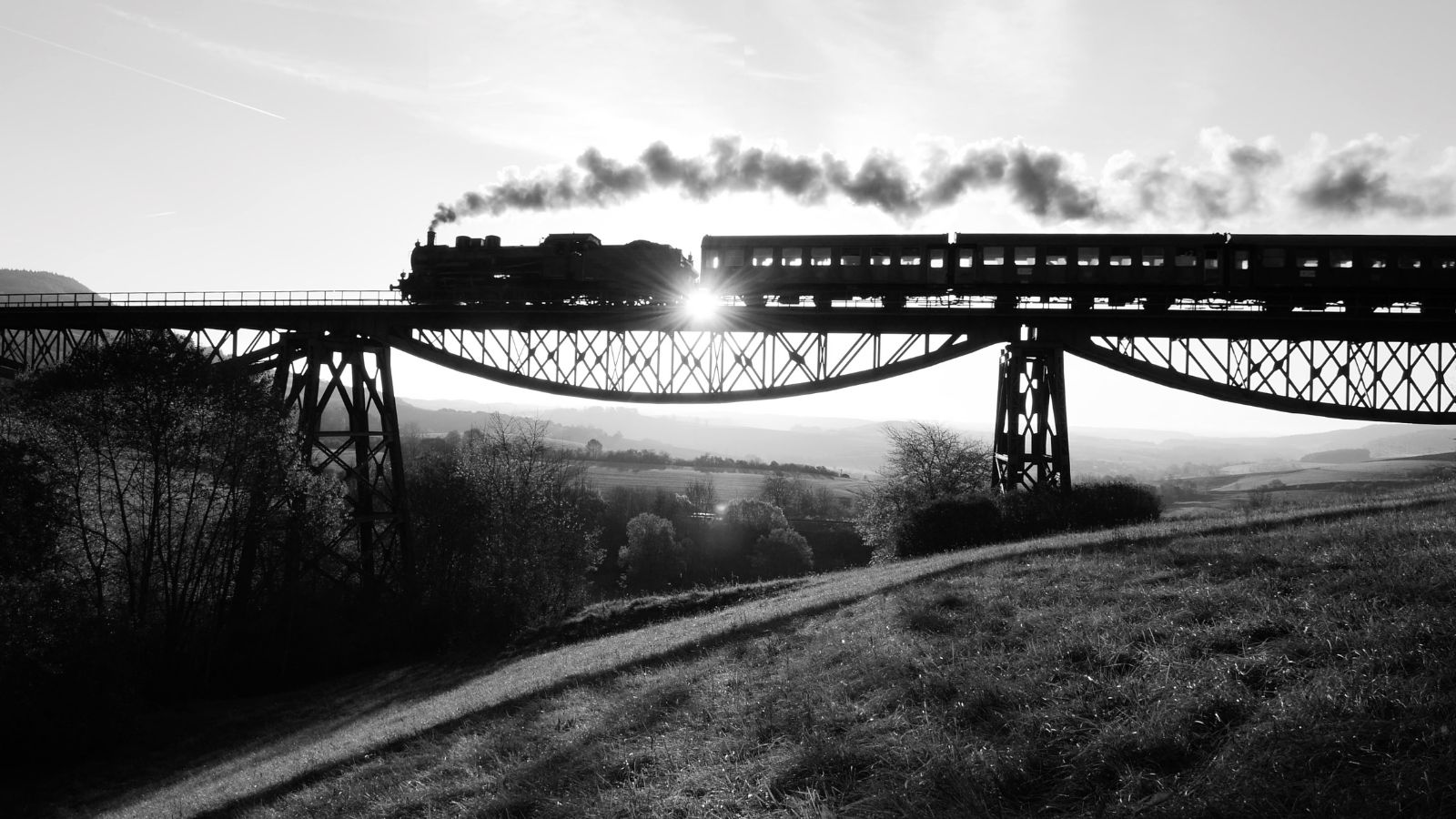
The Industrial Revolution was a period of great change, bringing new inventions that changed the world. The steam engine made it possible to run factories and move goods and people faster than ever before. The telegraph allowed people to communicate over long distances instantly, which was revolutionary.
The Secret Societies of Europe
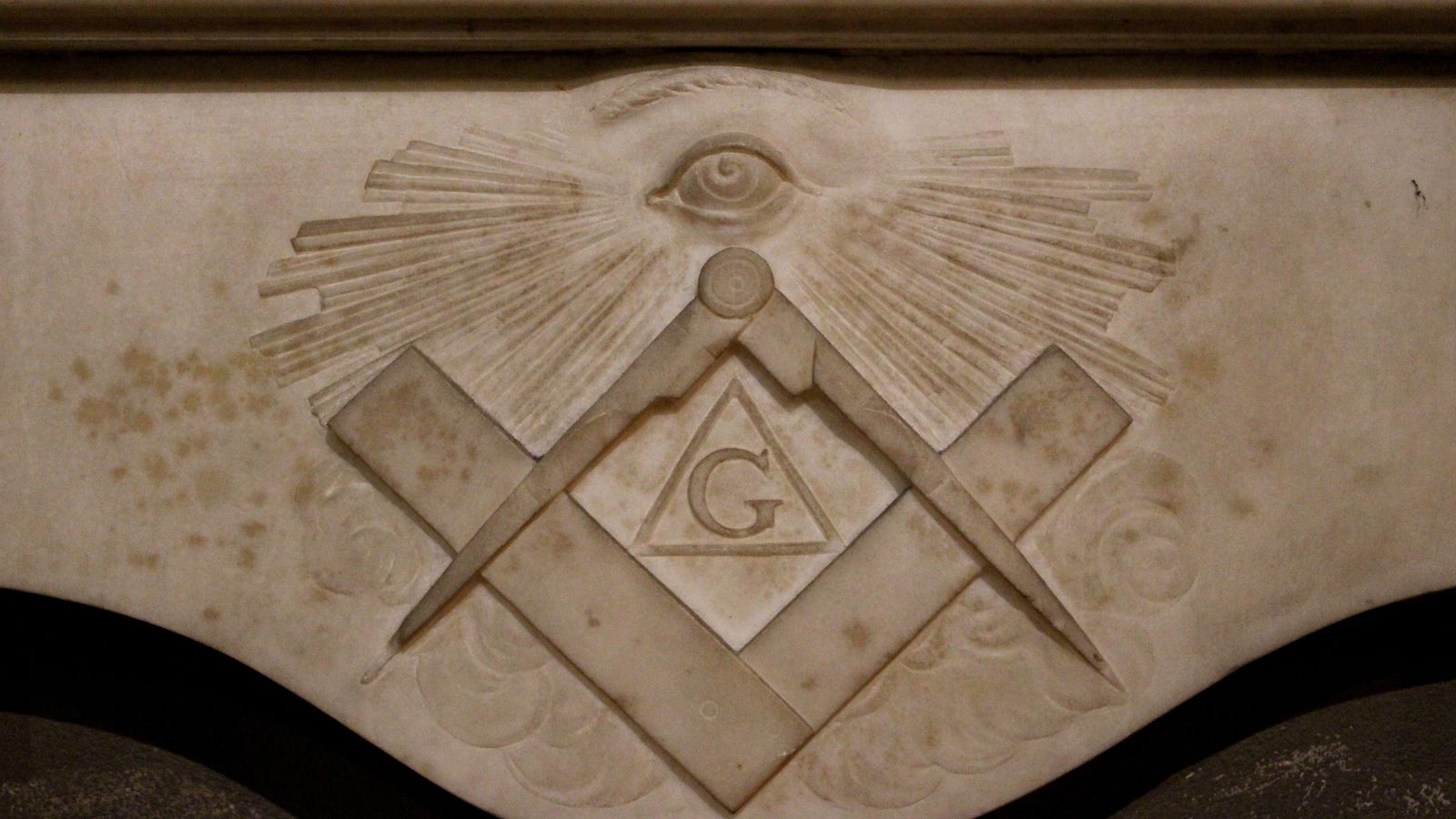
Secret societies have played a mysterious yet influential role in European history, shaping events from behind the scenes. The Freemasons, known for their secretive meetings and charitable work, have sparked many myths about their origins and influence. The Illuminati, often linked to conspiracy theories, aimed for societal enlightenment and control, while the Knights Templar, a group of warrior monks, played a crucial role in the Crusades before disappearing.
The Ancient Art of War in Asia
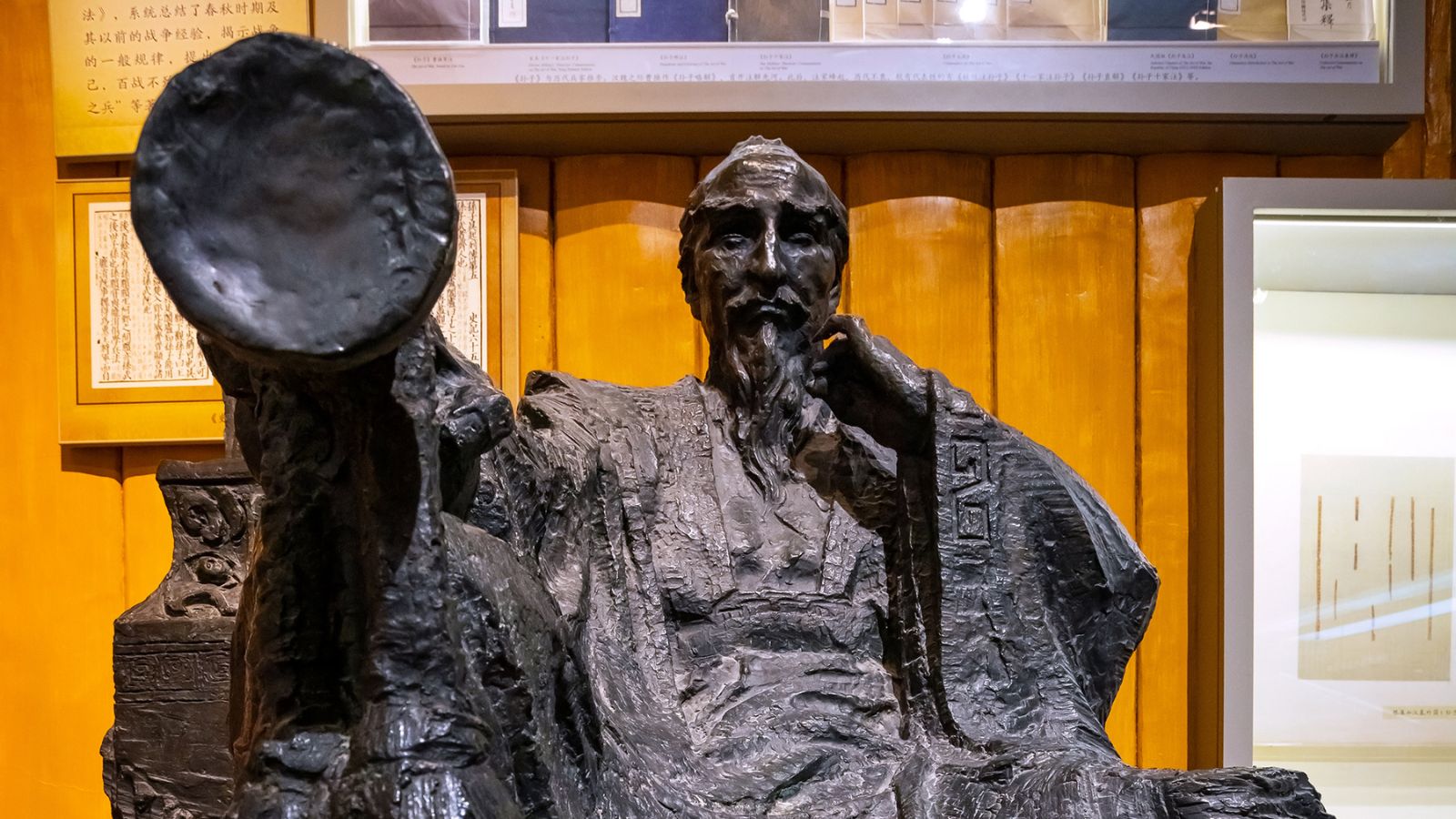
The strategies and philosophies of ancient Asian warriors continue to influence modern military tactics and leadership. In Asia, the art of war has a long and influential history, shaping military strategies and cultures. Sun Tzu’s The Art of War is a timeless guide on strategy and warfare, still studied by leaders today.
Lesser-Known Discoverers
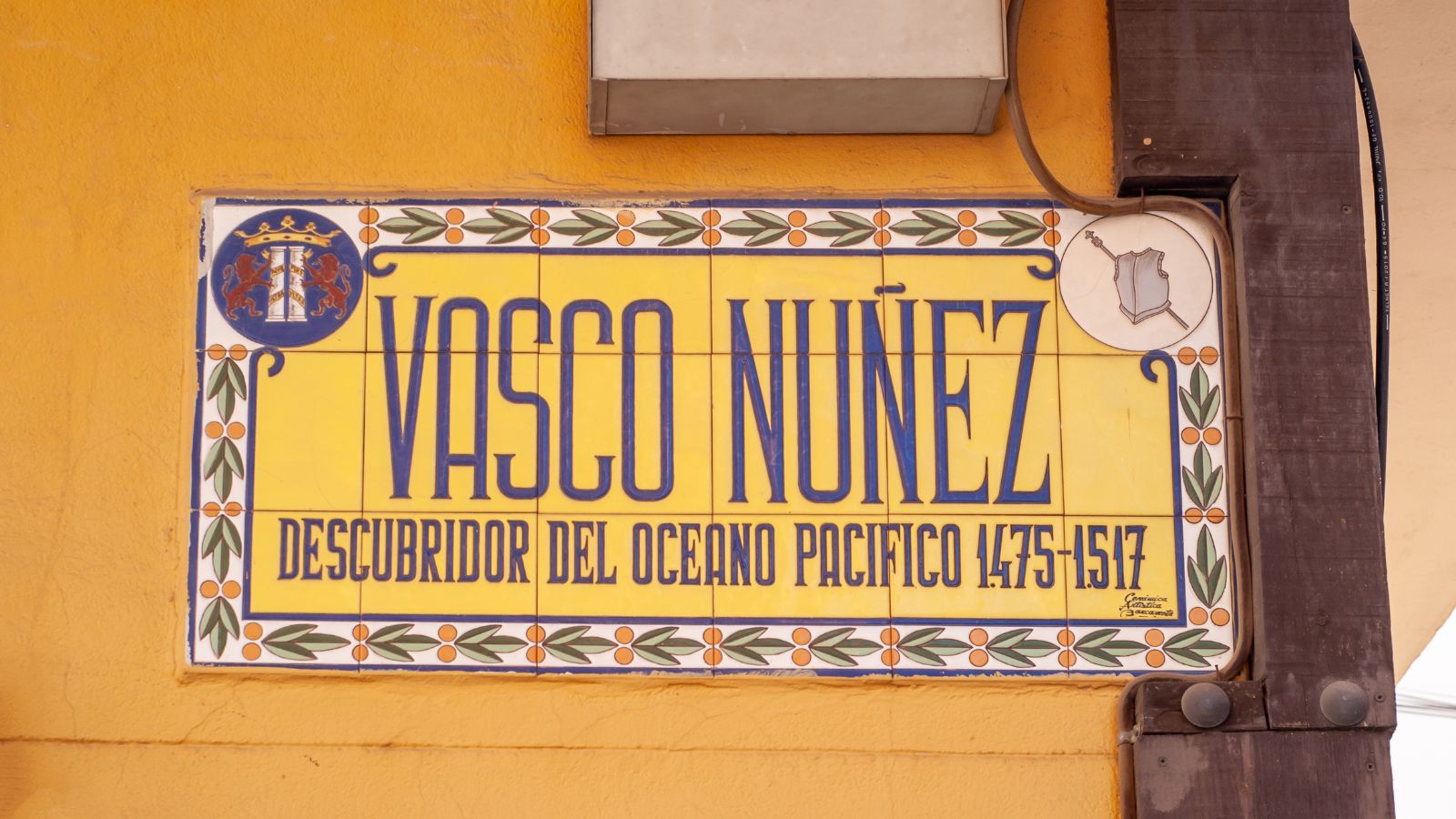
While Columbus is well-known, other explorers from around the world made significant discoveries that shaped our understanding of the globe. Some examples include Vasco Núñez de Balboa, who crossed the Isthmus of Panama to the Pacific Ocean, and Zheng He’s expeditions in Africa.
The Influence of African Kingdoms on Global Trade
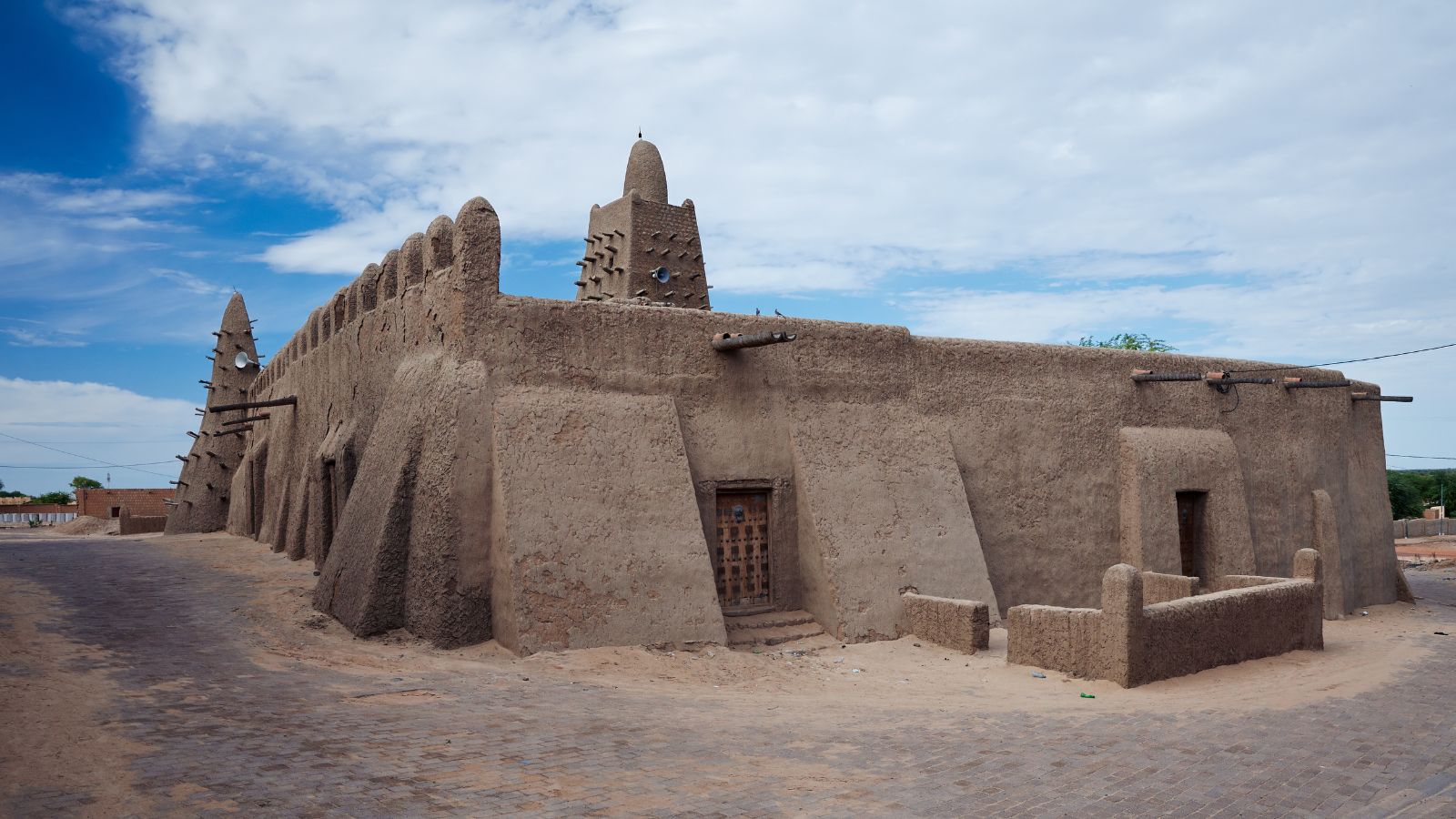
African kingdoms played a crucial role in global trade, contributing richly to cultural and economic exchanges. Notably, the Mali Empire, led by Mansa Musa, is said to be the wealthiest kingdom in modern history.
Female Leaders of History
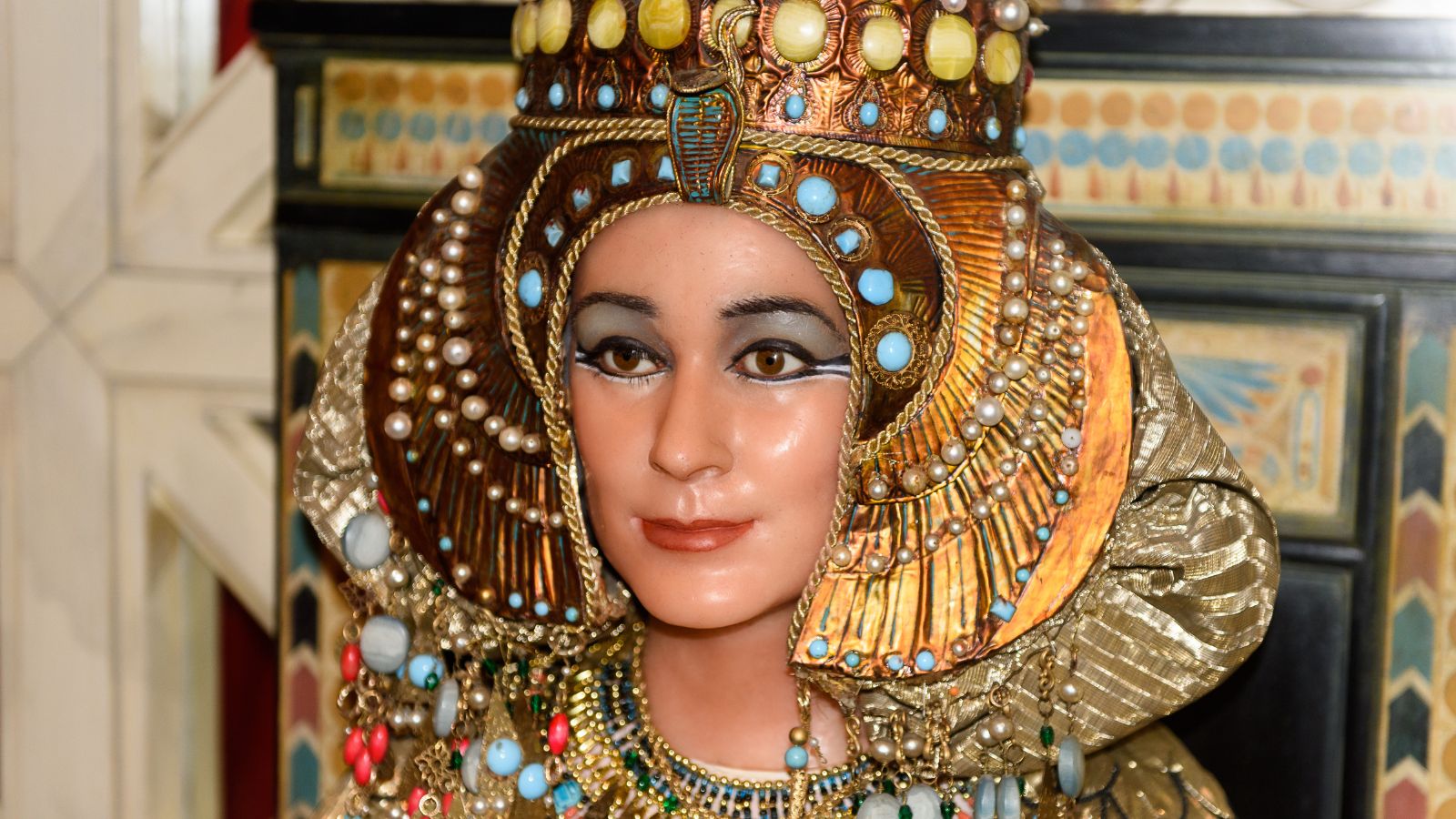
Throughout history, female leaders have shaped nations and led their people through periods of change. Cleopatra VII, known for her intelligence and political skill, played a crucial role in the Roman political world. Empress Wu Zetian, from China, demonstrated effective governance skills during her reign.
The Environmental Impacts of Historical Events
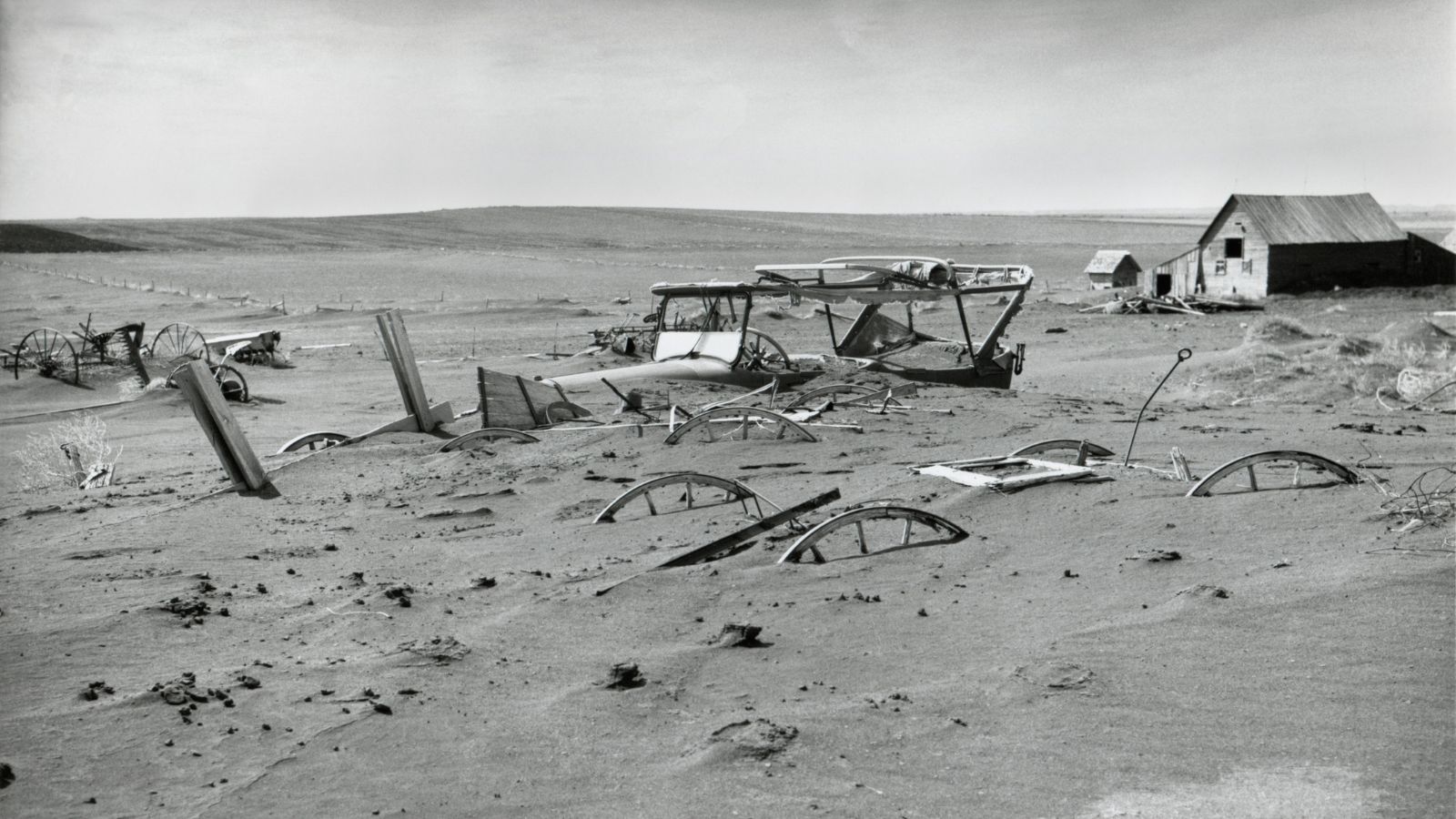
Historical events have had significant environmental impacts, some of which offer lessons for today’s ecological challenges. The Dust Bowl, caused by drought and poor farming practices, led to widespread misery and migration for many years. Many ancient farming methods sometimes led to soil erosion, which destroyed the quality of farming grounds for years to follow.
Ancient Scientific Discoveries
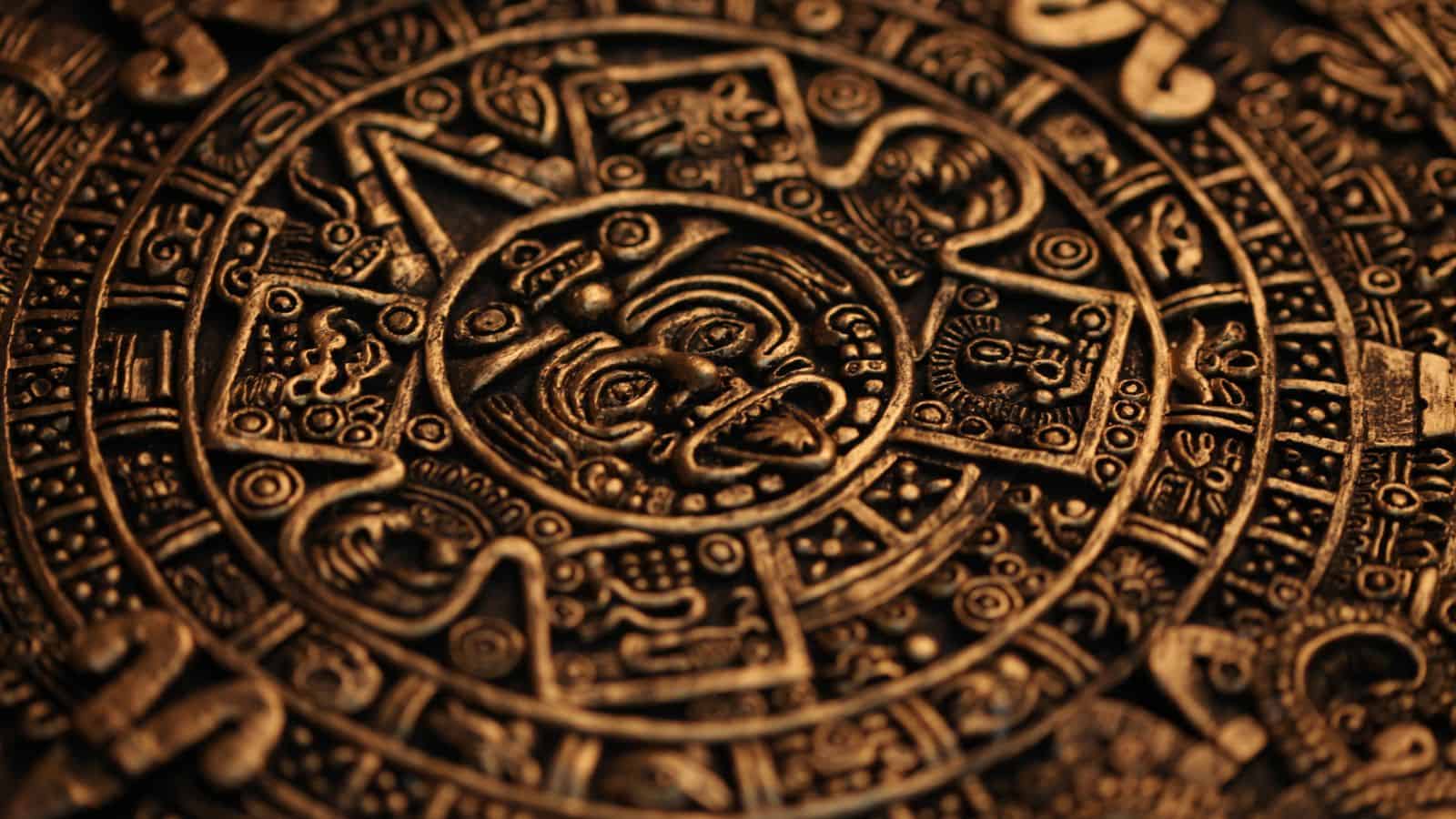
Many scientific discoveries have unexpected origins, showing how curious the human mind has always been. Contributions from Indian, Arabic, and Mayan mathematicians have shaped the foundation of modern mathematics. An ancient Greek device called the Antikythera Mechanism shows early attempts at computing and understanding celestial events.
Cultures Lost to Time
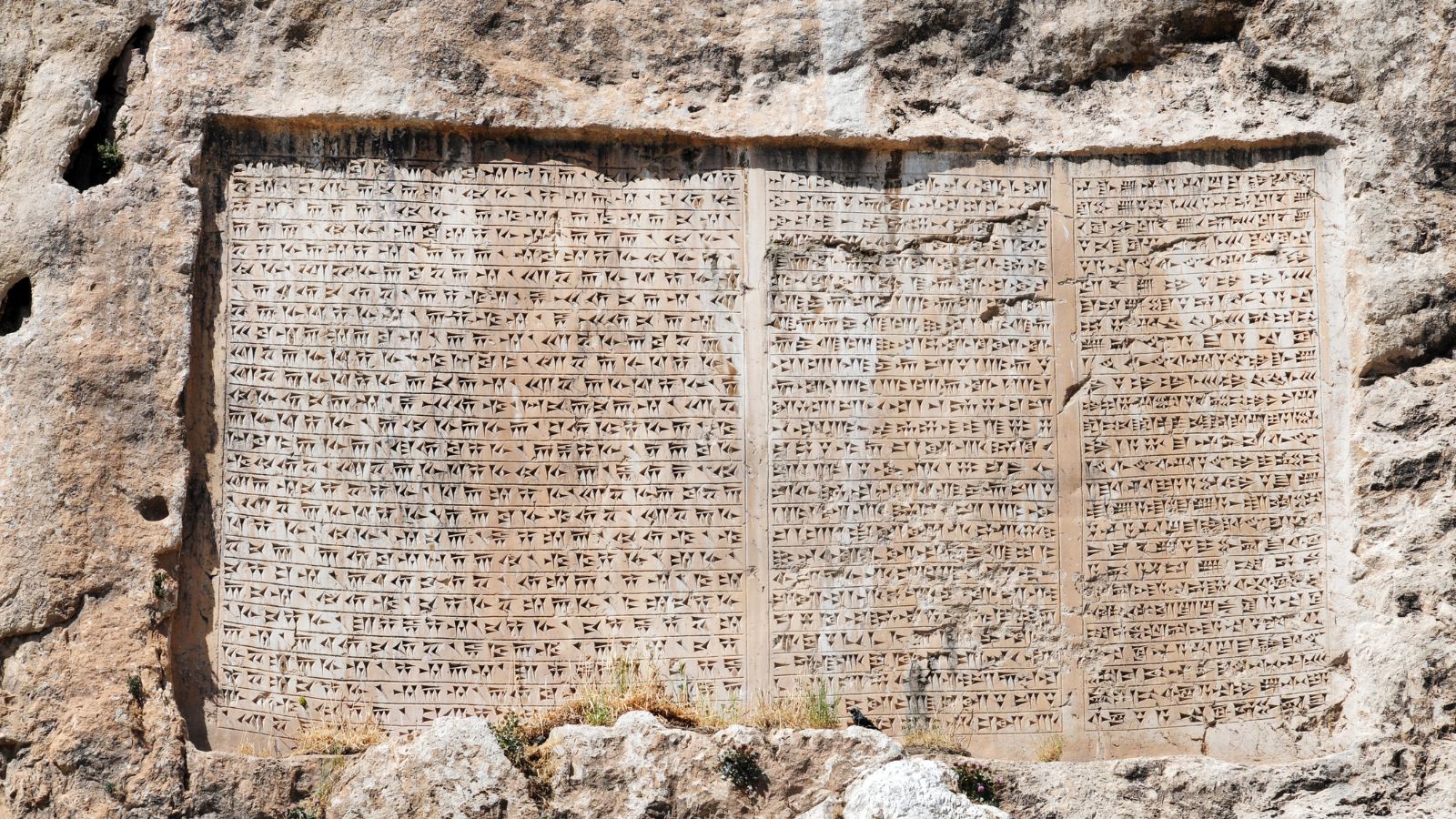
Some cultures have left behind only traces of their existence, giving us tiny glimpses into human history. The Sumerians introduced writing, law, and urban planning, laying the groundwork for future societies. Many other societies provided us with a starting point for building the modern society we enjoy today.

